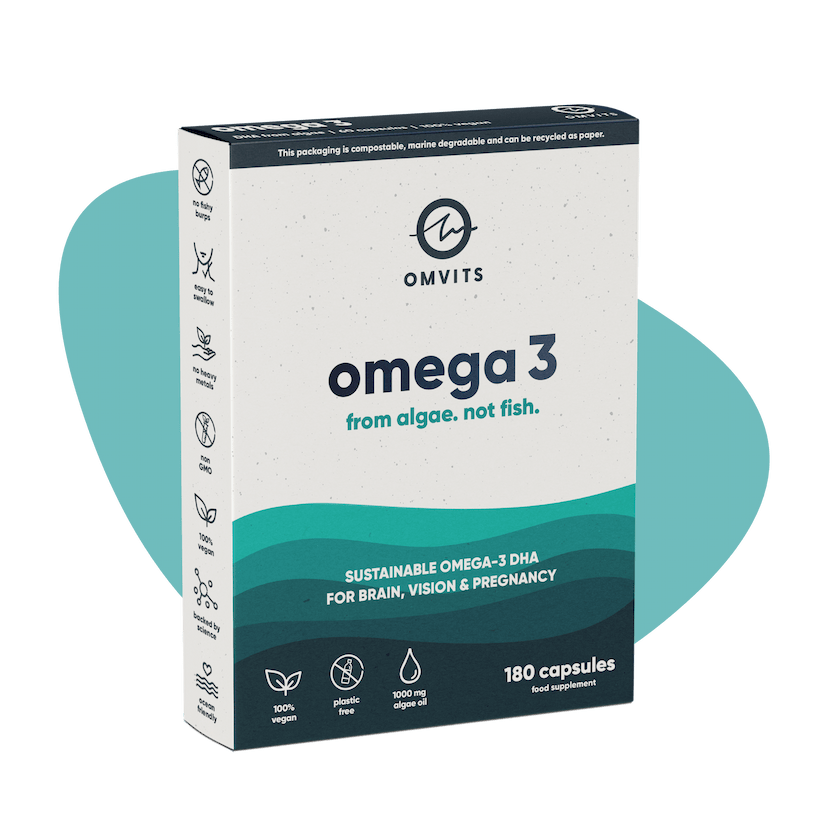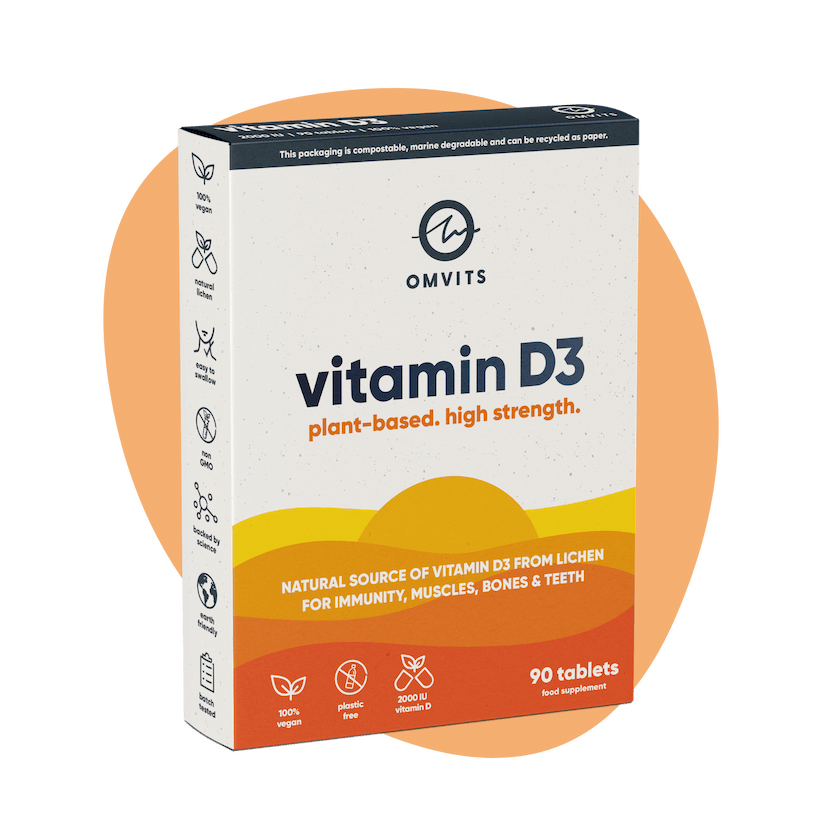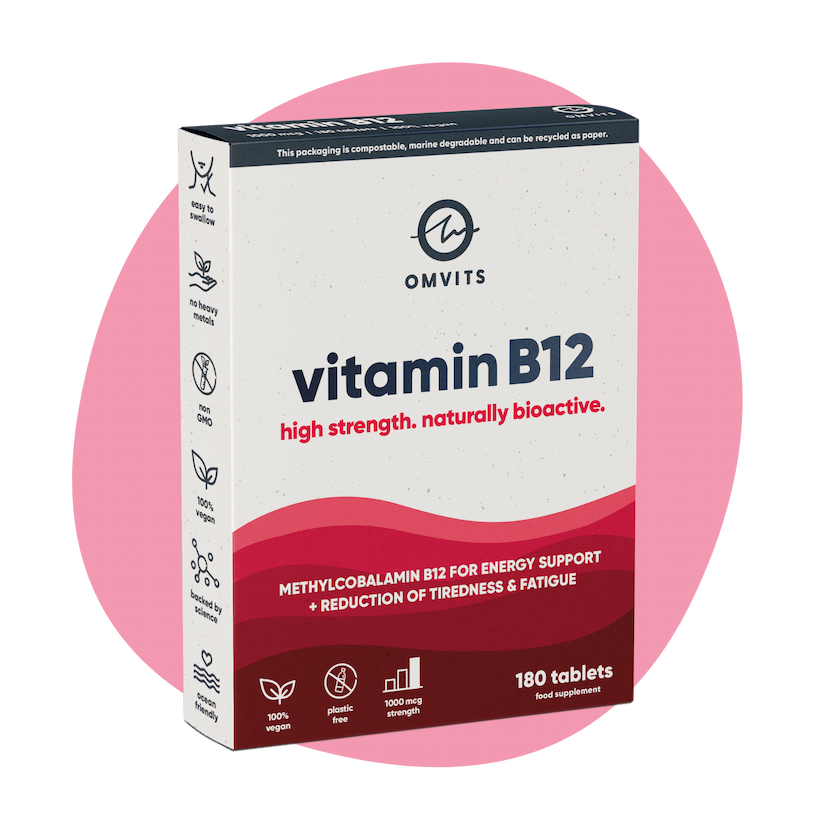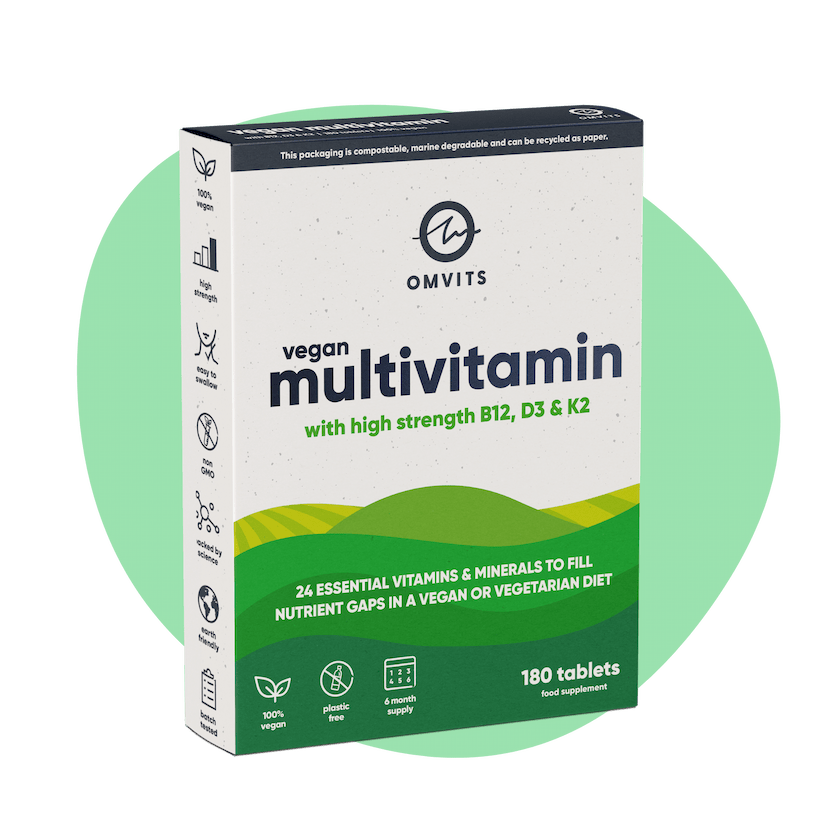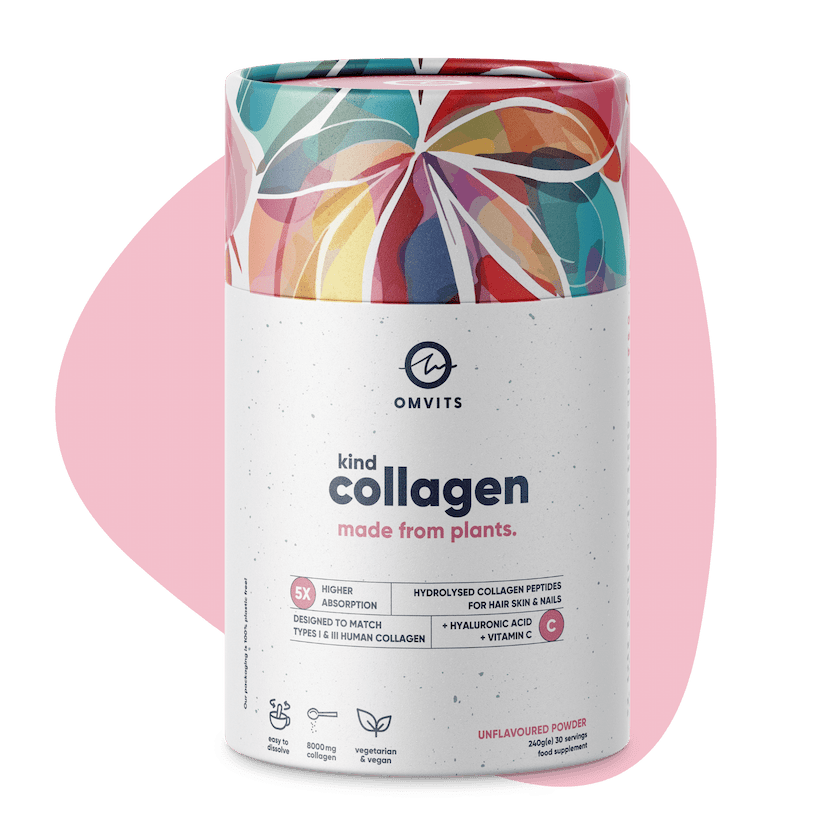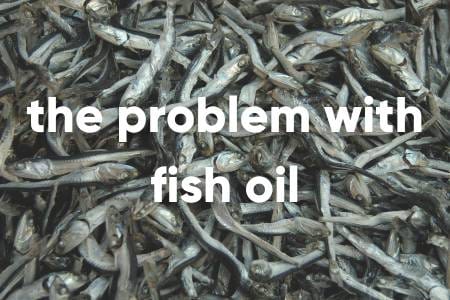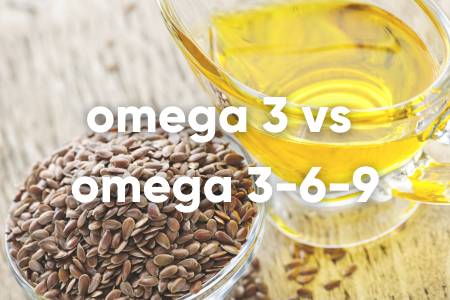Blog
about us
account
Omega-3 - Types of Omega-3
ALA
Alpha-linolenic acid - ALA is the most common Omega-3 in the diet and is easily found in plant sources. However, it cannot be used by the body directly and must be converted into the more useful forms of EPA and DHA. Without the conversion, the body will just use ALA for energy.
Found in: Plant sources such as dark leafy greens, nuts and seeds.
EPA
Eicosapentaenoic acid - EPA is a useful molecule for the body and has been shown to have anti-inflammatory effects. On average, around 5% of the ALA consumed is converted into EPA.
Found in: Marine sources such as fish, krill and algae.
DHA
Docosahexaenoic acid - DHA is the real superstar of the Omega-3 family. Like EPA, it has an anti-inflammatory effect but additionally, is an important structural component of the skin, brain and eyes. DHA has been shown to have many health benefits, however, only around 0.5% of any ALA consumed gets converted into DHA.
Found in: Marine sources such as fish, krill and algae.
DHA is responsible for most of the benefits of Omega-3. Most vegetarian sources - such as flaxseed - only contain ALA and no DHA.
Not all Omega-3 is equal
Most of the benefits of Omega-3 come from DHA. Unfortunately, the human body is terrible at creating its own DHA - in fact, it's estimated that only around 0.5% of any ALA consumed gets converted into DHA. This means that when we eat seeds and nuts (which only contain ALA), only a tiny amount actually gets converted into DHA.
EPA is less important as the body can convert some of the DHA back into EPA if it needs to.

Subscribe
Sign up to get the latest on sales, new releases and more …

